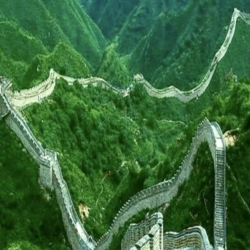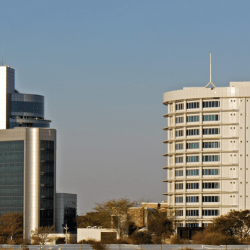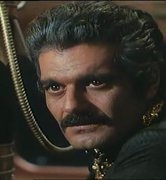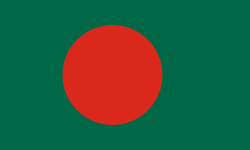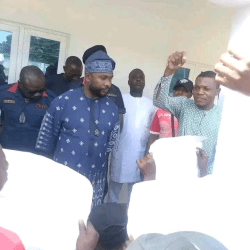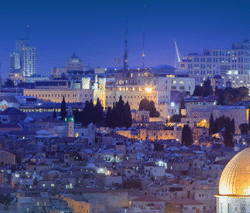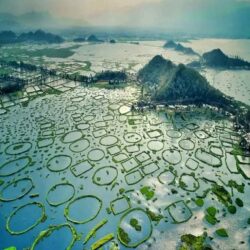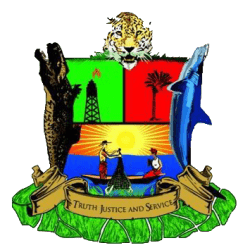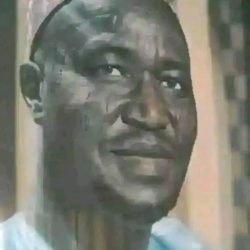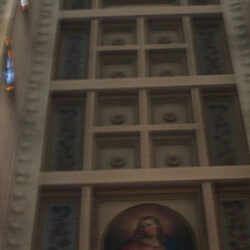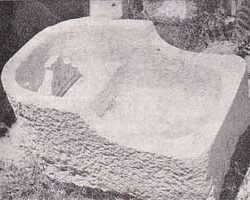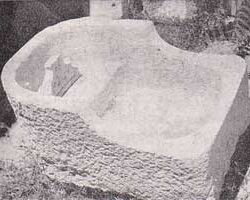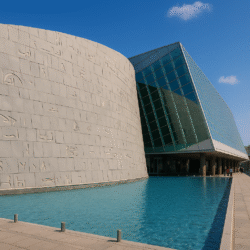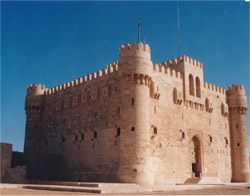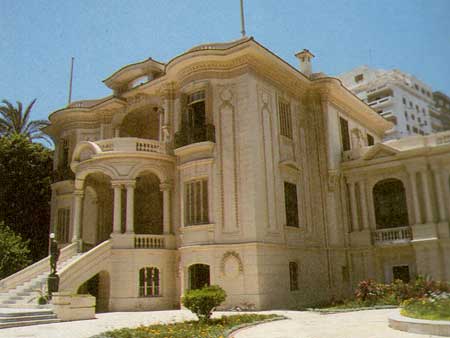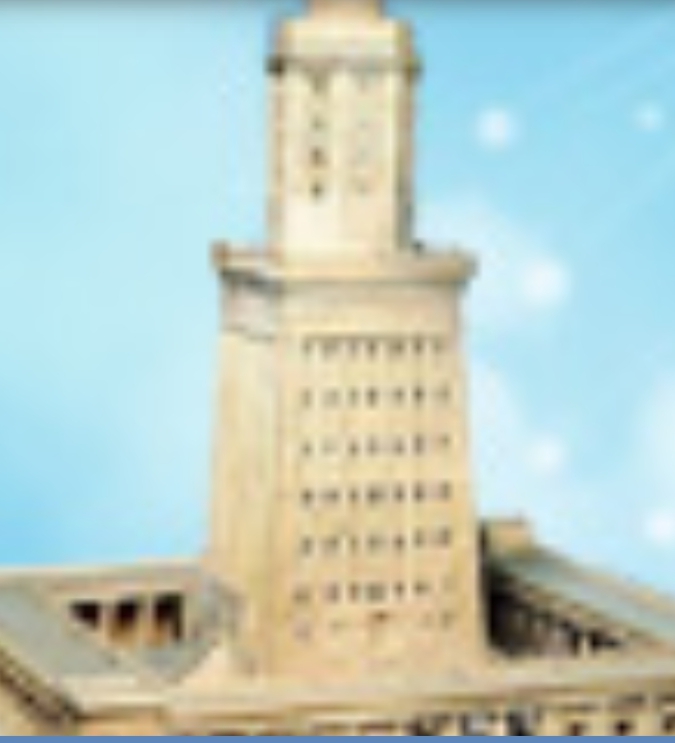Over a hundred years ago, was born a prince among men: a patriotic fighter, a global thinker, a humble wealthy man. On Sunday, September 8, 1872, Prince Omar Tousoon was born in Alexandria. Tousoon was a descendant of the family of Sultan Muhammad Ali; his grandfather was Khedive Said Pasha. However, by the age of four, Tousoon had lost his father. His paternal grandmother took charge of his upbringing and education. His early studies took place in the royal palace, which he later completed in Switzerland. After finishing his studies there, he traveled between France, England, and other European countries. Thus, when he decided to return to his homeland, he was equipped with diverse knowledge and cultures, in addition to mastering several languages including English, French, and Turkish.
Symbol of National Unity
Despite his immense wealth and luxurious life, Tousoon did not become arrogant or look down upon his countrymen, as was the custom among the children of princes. Therefore, he became a model to emulate in his love for charity and his charitable work. It was said, “There is no beneficial project in Egypt without Omar Tousoon having a hand in it.” Foremost among these was his stance towards both the “Islamic Charitable Society” and the “Coptic Charitable Society.” When both societies faced difficulties and were on the verge of closing their doors, Tousoon rushed to their aid, donating a large sum to each. He then called upon the members of each society to subscribe to their own societies. He also donated money to the Patriarchal School and St. Mark’s Workshop following his visit to Pope Cyril V, the Patriarch of the Orthodox Copts. The returns from this endowment were designated for outstanding students in the school.
This is besides his many other charitable activities. His benevolent hand extended compassion to the Muslim Youth Association, Al-Urwa Al-Wuthqa Association, Al-Mawasah Association, Al-Abbasiya Shelter, and the Sheikhdom of Scholars in Alexandria. He also provided various forms of support to scientific, archaeological, and athletic institutes.
His Love for Unity
Tousoon was a lover of unity. He often stood by the Ottoman House, especially during their ordeal after their defeat in World War I. He also stood as a supporter for his brothers in Libya during their war against the Italians, establishing a committee to collect donations for them.
The Political Fighter
After World War I ended, Egyptians, including Tousoon, aspired to independence and freedom. Therefore, Prince Tousoon called for the formation of an Egyptian delegation comprising all segments of the people to go to the Versailles Conference (1918) to demand independence before it. He presented his idea to Saad Zaghloul Pasha, who welcomed it and implemented it. In 1919, Tousoon and a number of princes from his family stood by Saad Zaghloul and supported him in his revolution.
Archaeologist
Tousoon was passionate about researching and excavating the history of Egypt and Sudan, particularly in the field of desert exploration. He undertook many journeys to the Western Desert. Among his most important discoveries were finding the head of a statue of Alexander the Great in the Gulf of Aqaba, and discovering the remains of a city submerged under five meters of water in Abu Qir Bay in 1933. He published an extensive study with photographs about it in the Journal of the Royal Society of Antiquaries in (1353 AH = 1934 AD).
Woman in Tousoon’s Eyes
The issue of women occupied a significant place in Prince Tousoon’s thought. Having experienced women’s lives in both the West and the East, and understanding the difference between them, he held opinions on how women should be treated and their obligations. We find him saying: “From childhood, a woman must have refinement, upbringing, and education. As a wife, she must have justice, loyalty, and good treatment, so that she may be able to perform her functions in society. Thus, she becomes a good wife and a capable mistress of the house, sharing fruitfully in her husband’s life.”
A Comprehensive Personality
Tousoon was not merely a prince among men, a patriotic fighter, and a skilled politician. He was also a scholar, thinker, and discoverer, sharing his knowledge through authored works. He wrote about the Egyptian army during Muhammad Ali’s era in a book titled “Pages from the History of Egypt and the Land and Sea Army.” He also addressed industry in Muhammad Ali’s era and the scientific missions he sent to Europe in his books “Industries and Military Schools in the Era of Muhammad Ali Pasha” and “Scientific Missions in the Era of Muhammad Ali and the Eras of Abbas and Said.” His monumental book, “Memoir on the History of the Nile,” confirms his passion and efforts in the field of geography.
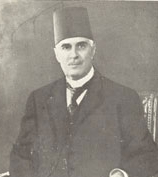
Even After Death
Ten years before his death, Omar Tousoon willed that his library – containing over eight thousand volumes of rare manuscripts, photographs, and documents – be donated to the Military Museum, the Graeco-Roman Museum in Alexandria, and the Alexandria Municipal Library. Thus, we find Tousoon embodying goodness throughout his life and even after his death.
He also willed that no funeral or mourning ceremonies be held for him. Indeed, after his death (may God have mercy on him) on Wednesday, January 26, 1944, King Farouk carried out his will. Only a procession for his body was held, attended by all the princes and ministers of the court, alongside senior army commanders and high-ranking statesmen.
